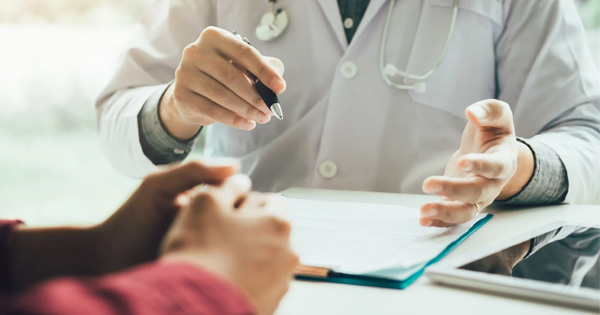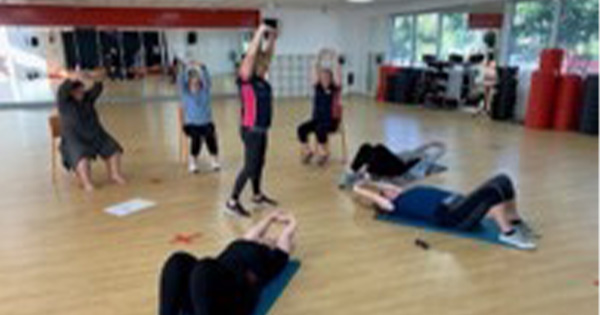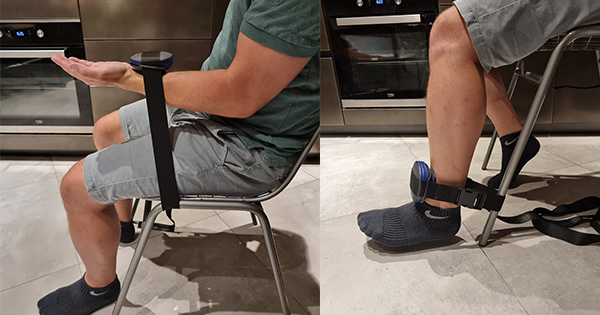<p>Background: Quantification of lymphoedema (LE) has been problematic, and the reported incidence of LE varies greatly among women treated with surgery and radiation for breast cancer. Aims: This study aims to describe LE occurrence over time among breast cancer survivors using four diagnostic criteria based on three measurement techniques. Methods: Limb volume and symptom assessment data were followed after surgery every three months for 12 months, then every six months for 30 months. Limb volume changes (LVC) were measured by circumferences and by perometry, and by symptom experience via interview. Standard survival analysis methods identified when the criteria indicating LE were met. Results: Trends in LE occurrence are reported for data from 211 participants. At 30 months post-treatment, LE incidence ranged from 41–91%, with 2cm being the highest estimation method and self-reported signs and symtoms (SS) the lowest. Conclusions: This 30-month analysis supports the previous 12-month analysis in finding the 2cm criteria as the most liberal definition of LE. Self-reporting of heaviness and swelling, along with 10% LVC, represented the most conservative definitions (41% and 45%, respectively). Declaration of interest: None.</p>




